The Drissa Foundation works supporting and trainning groups of people from the population of Bluefields who suffer from a mental health problem or gender violence in the process of finding work.
The municipality of Bluefields is a coastal town located in the autonomous region of the Southern Caribbean Coast of Nicaragua. According to data from the Autonomy Observatory of the Autonomous Regions of the Nicaraguan Caribbean Coast (URACCAN), 63% of the population lives in conditions of extreme poverty. In addition, almost 85% of the inhabitants are unemployed. These are alarming figures, which describe the lack of resources and tools that the city and the country suffer from.
In this context of poverty, mental health treatment is difficult, scarce and enormously stigmatized, although the number of people who suffer from it represents almost 35% of the population, according to data from the Pan American Health Organization.
Situations such as difficult access to a stable job, violence, discrimination, easy access to drug and alcohol consumption and emotionally impactful events, such as wars and natural disasters, contribute to the creation of health risk factors mentality of the population.
A project of international support and cooperation
In this context, the Drissa Foundation is developing a labor orientation project for people with mental health problems. The Therapeutic Community of Maresme created a Psychosocial Care Center (CAPS), which established health care for everyone who needed it. "We thought that it was necessary to take a step further and that these people could have support when it comes to finding work", determines Mònica Mutos, a member of the foundation's management team.
Together with Gemma Gou, who is also part of the management of the Drissa Foundation, they lead the project with the main objective of providing support and accompaniment when it comes to finding work for people treated at the CAPS who suffer from mental health problems or gender violence.
"We wanted to find a counterpart who already worked in the territory and knew the environment and society perfectly to support him in developing the project", explains Mutos. The collaborator chosen was URACCAN, two of whose members participated in a month-long training session to get to know the Drissa Foundation's way of working and to be able to carry out a project adapted to Nicaragua.
A positive answer
In June 2022, training actions began with a group of twelve people from Bluefields. "We've had pretty good results because most people are working, especially in a self-employed situation," determines Gou. According to those responsible for the project, in Nicaragua it is easier to start a personal business, such as gardening, cleaning or selling products, than to be hired by a company.
In addition, the support continues even if the users have found a job: "the most complicated thing is not to get a job, but to keep it", explains Mònica Mutos. For the foundation, it is essential that care for people with mental health problems continues over time, until each person needs it, even if they are already in a favorable employment situation.
The Drissa Foundation is already working to establish a second group of people and continue the help and support. Currently, they are continuing to work with monitoring the group of people who have already found work and defining the user profile to continue establishing support, together with URACCAN.
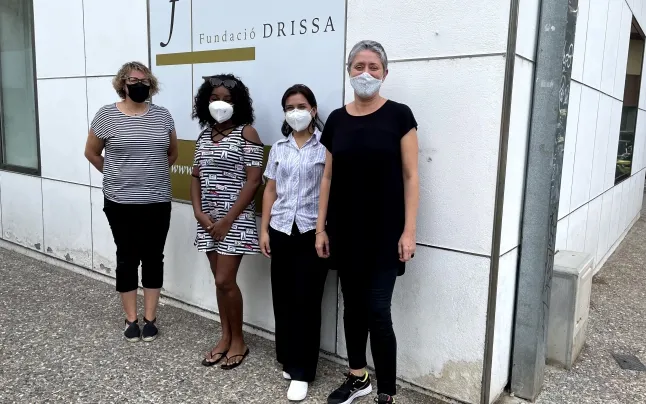
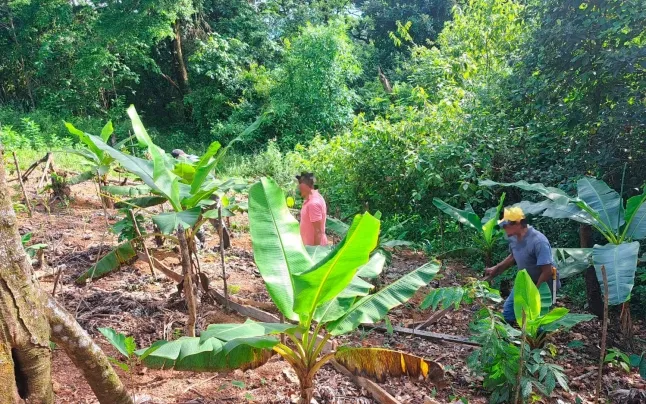
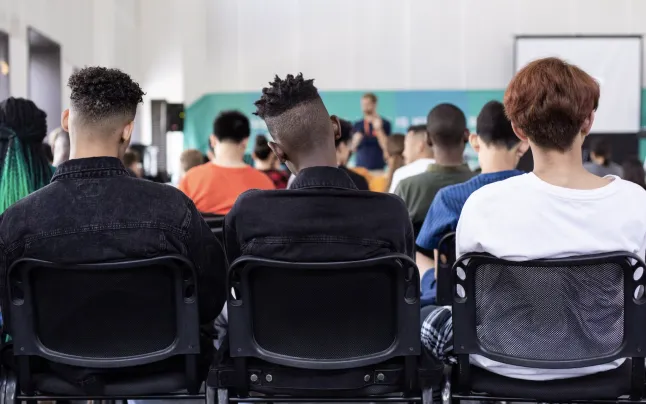


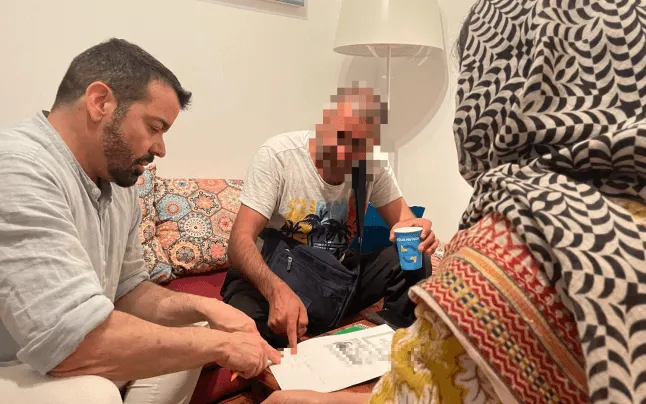

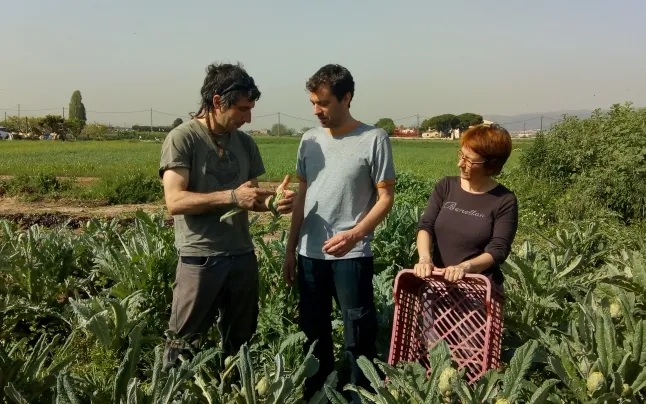
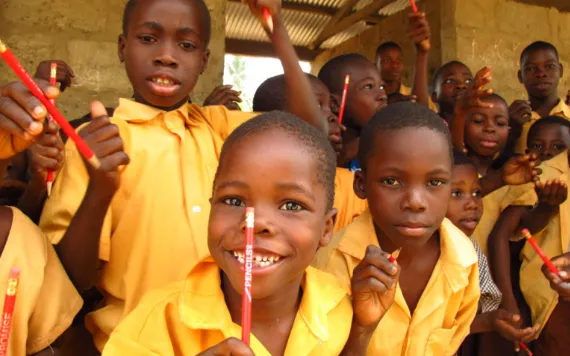
Add new comment